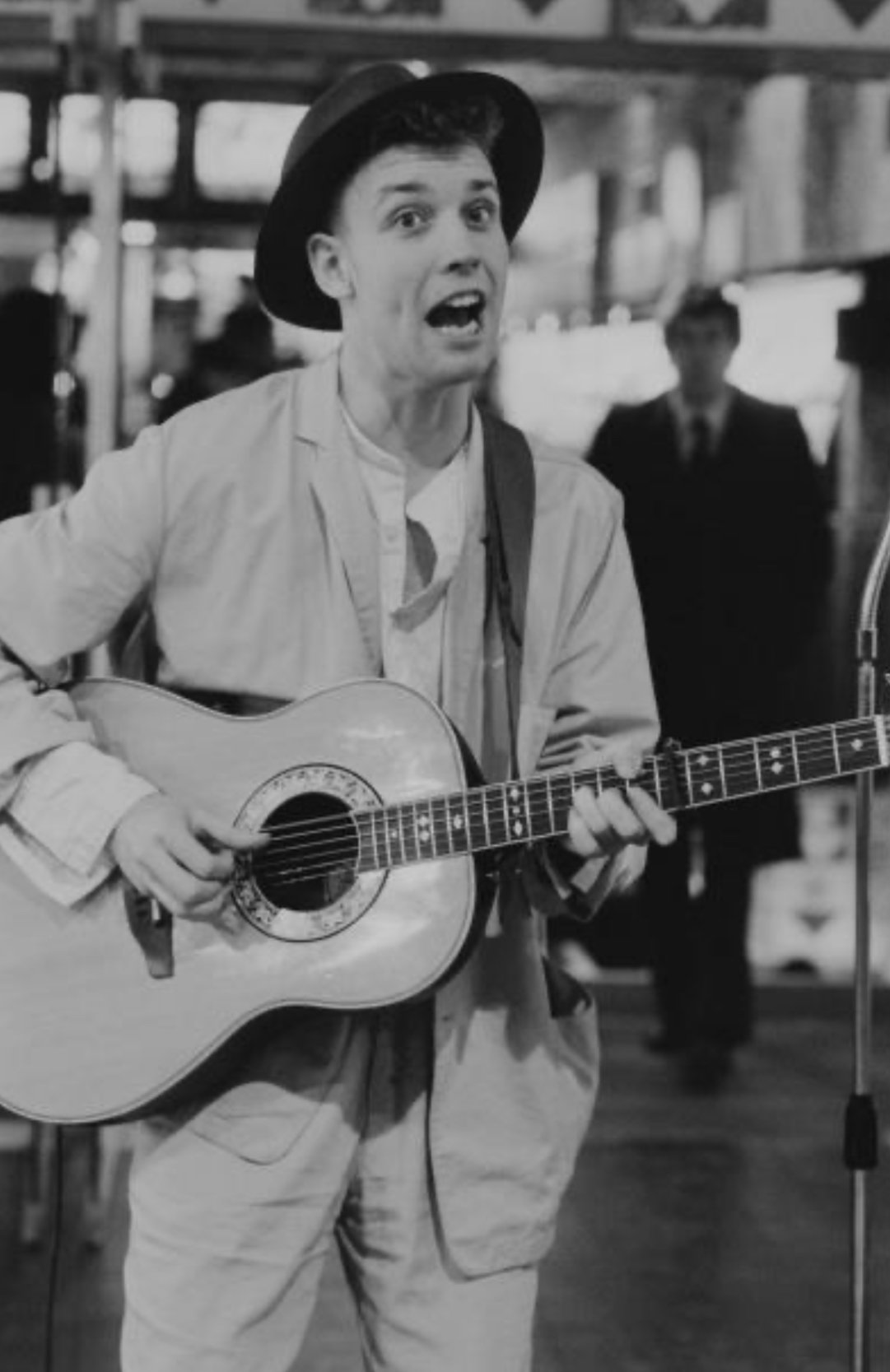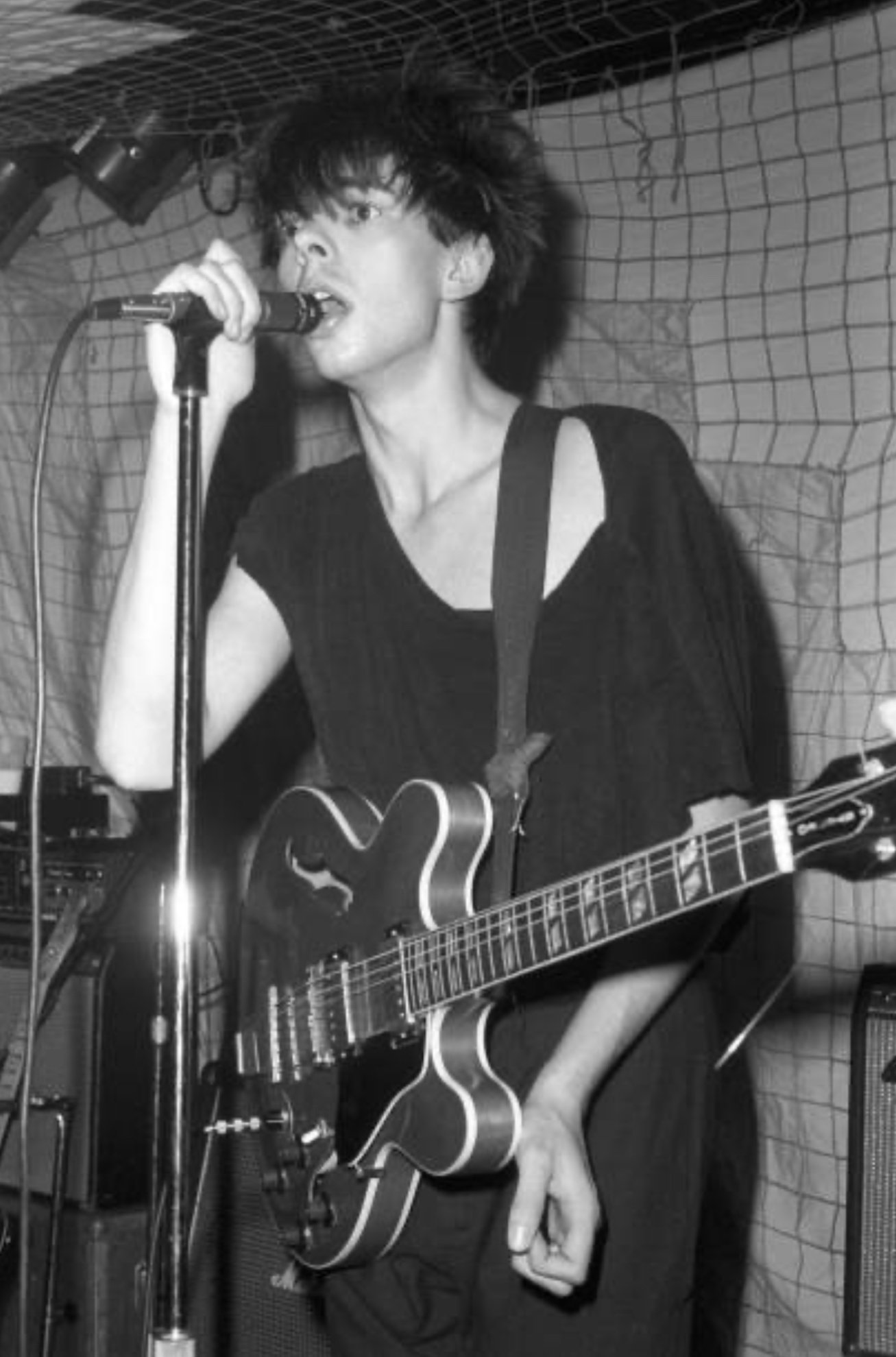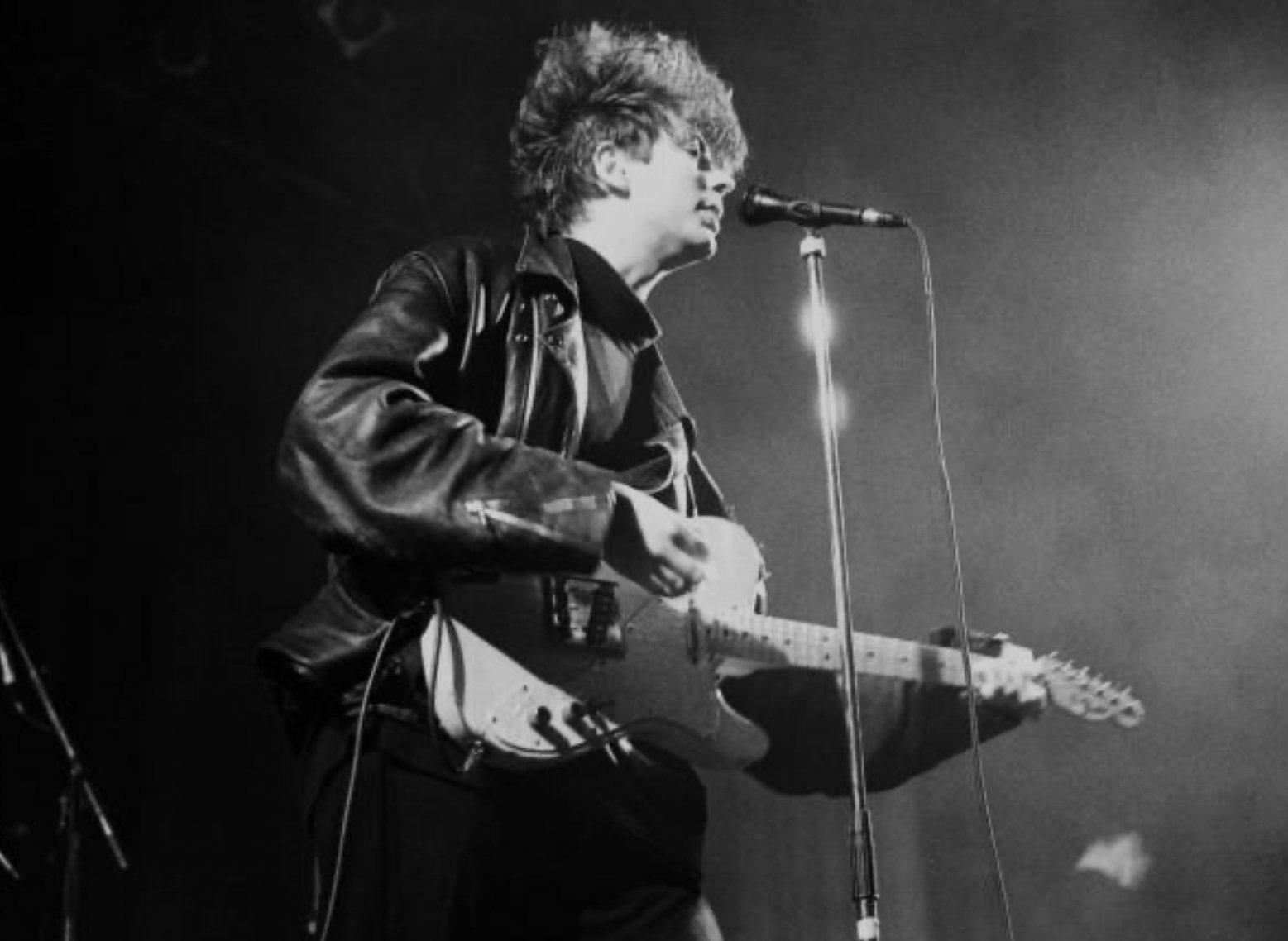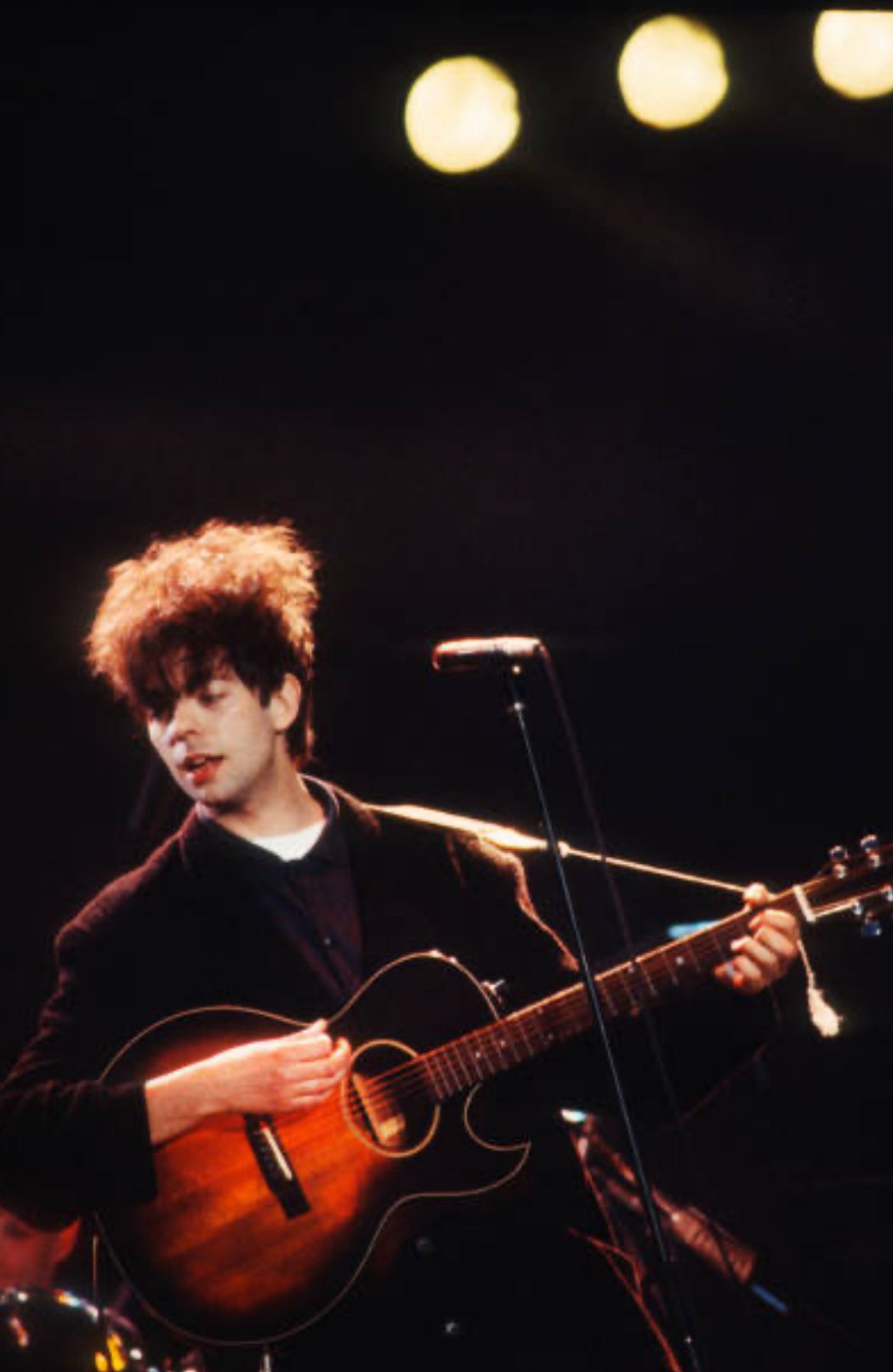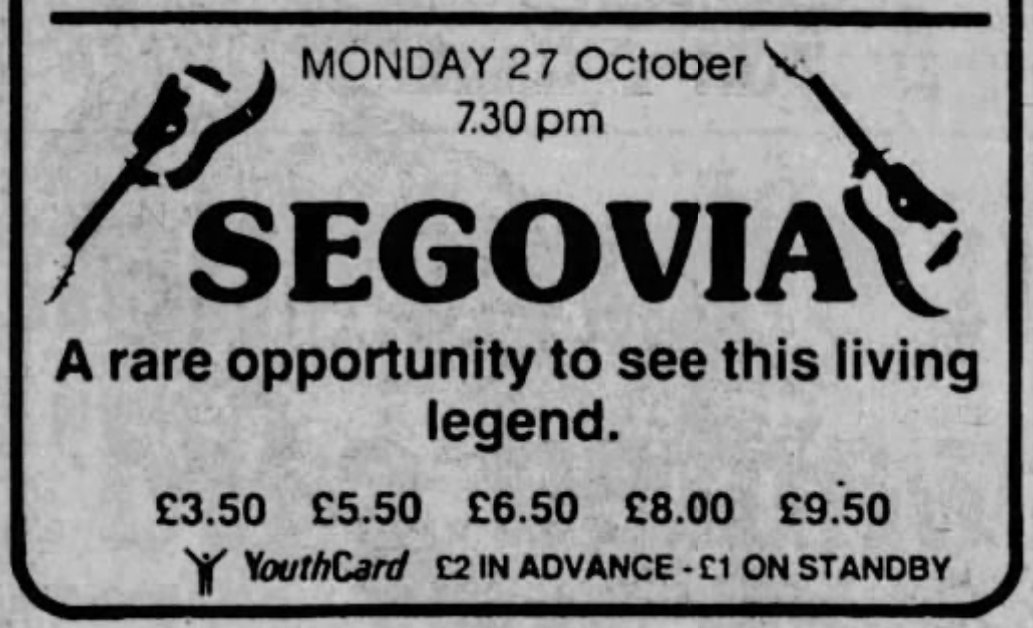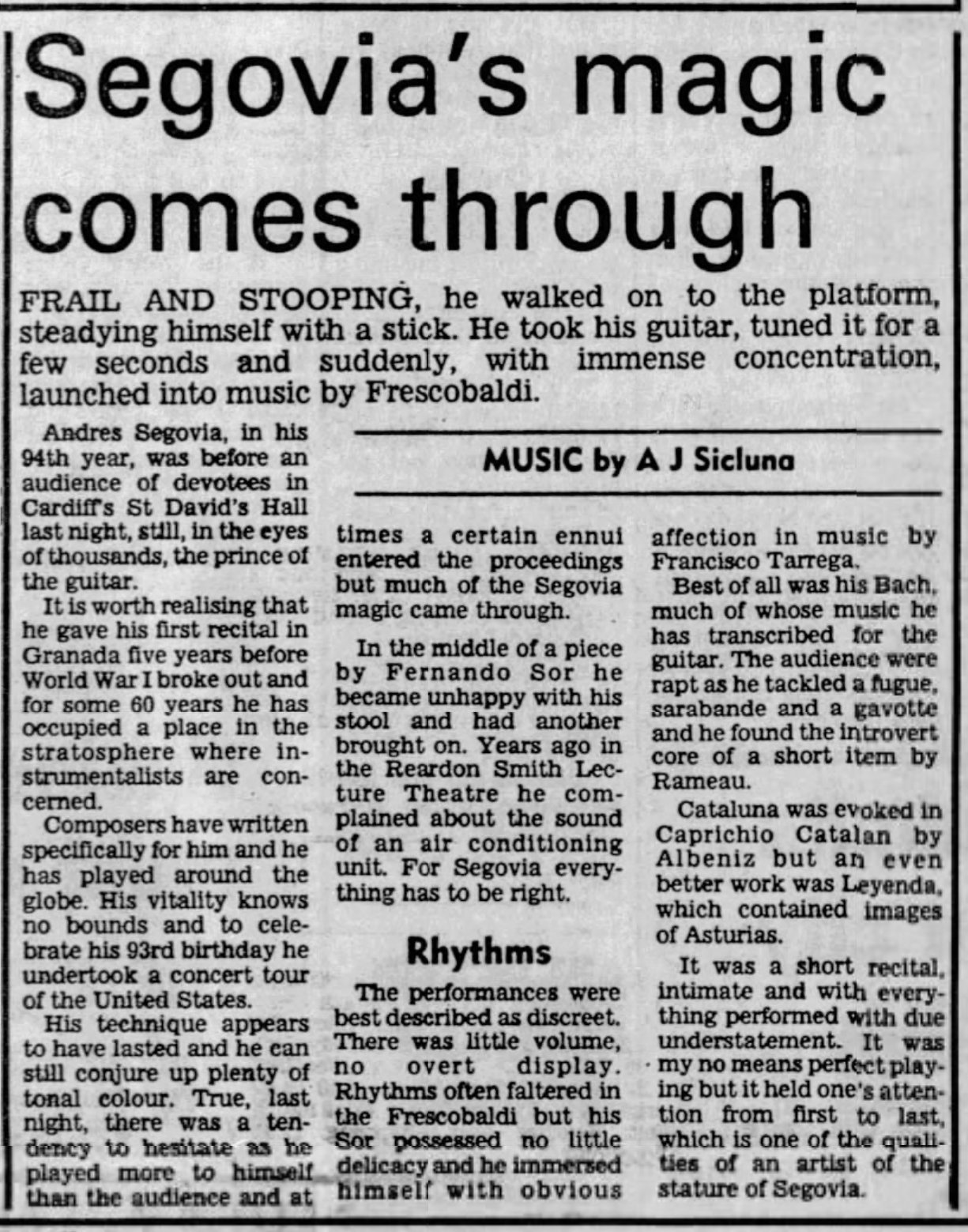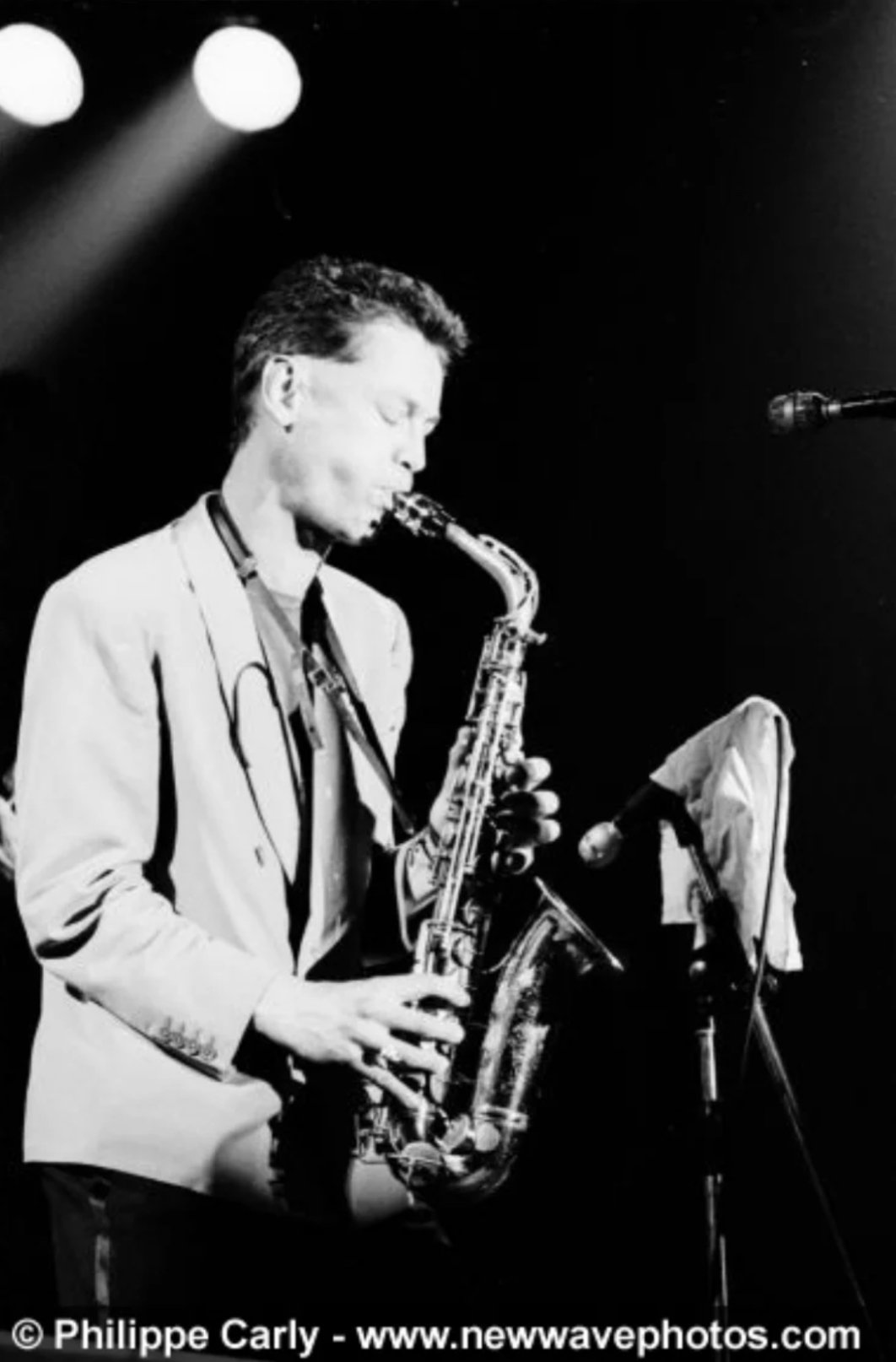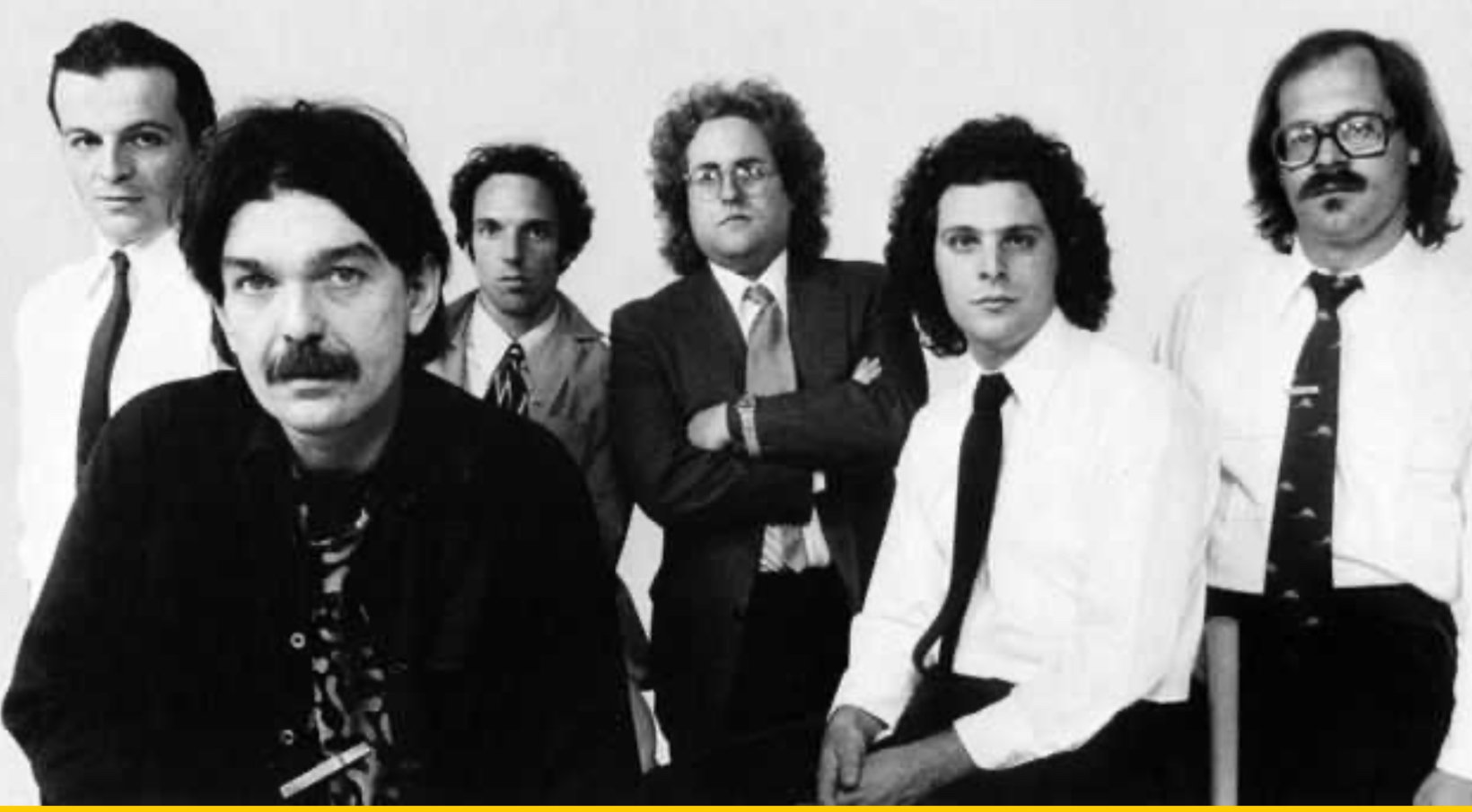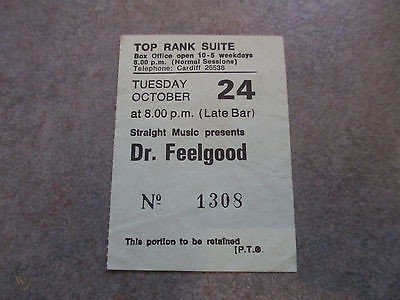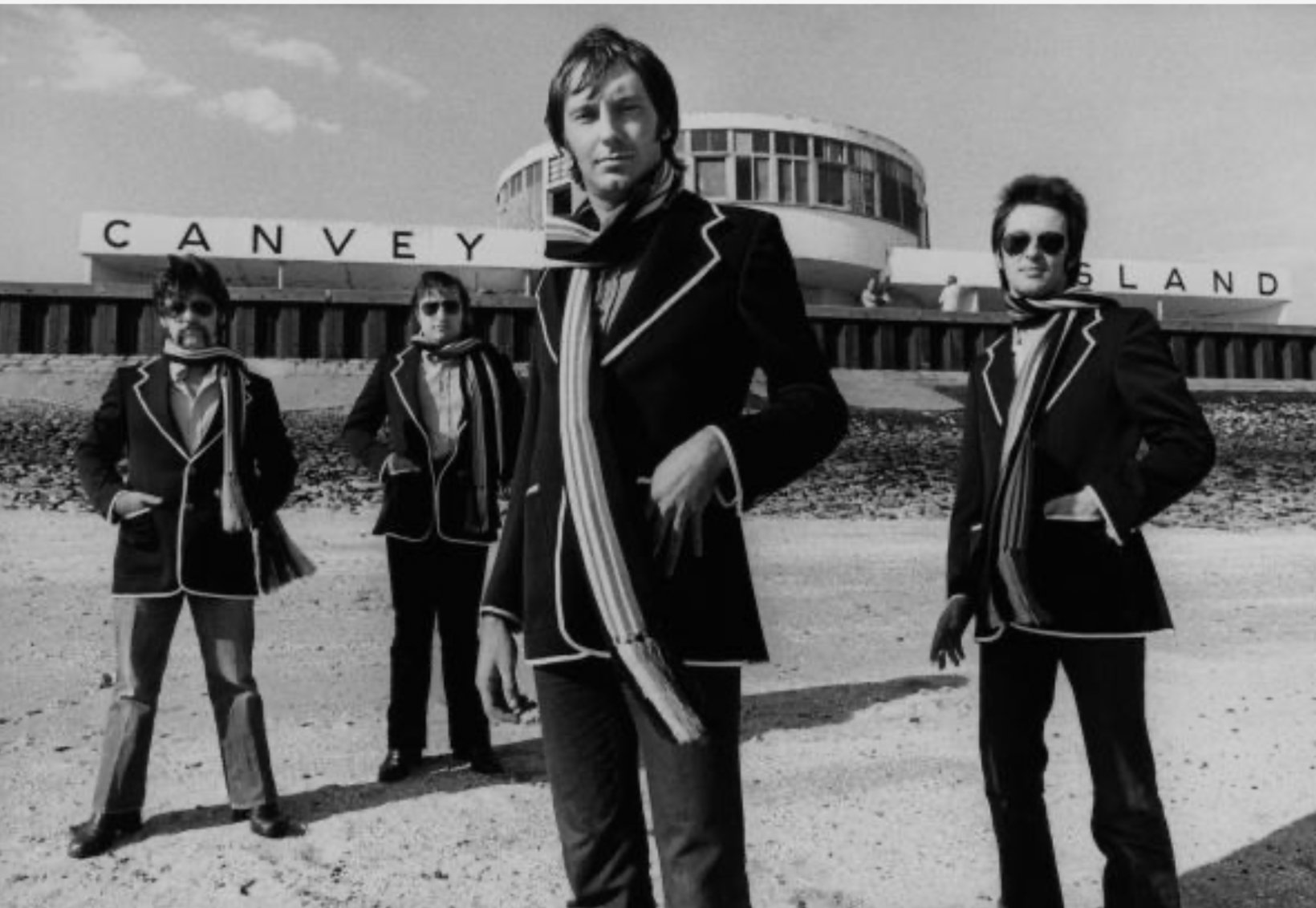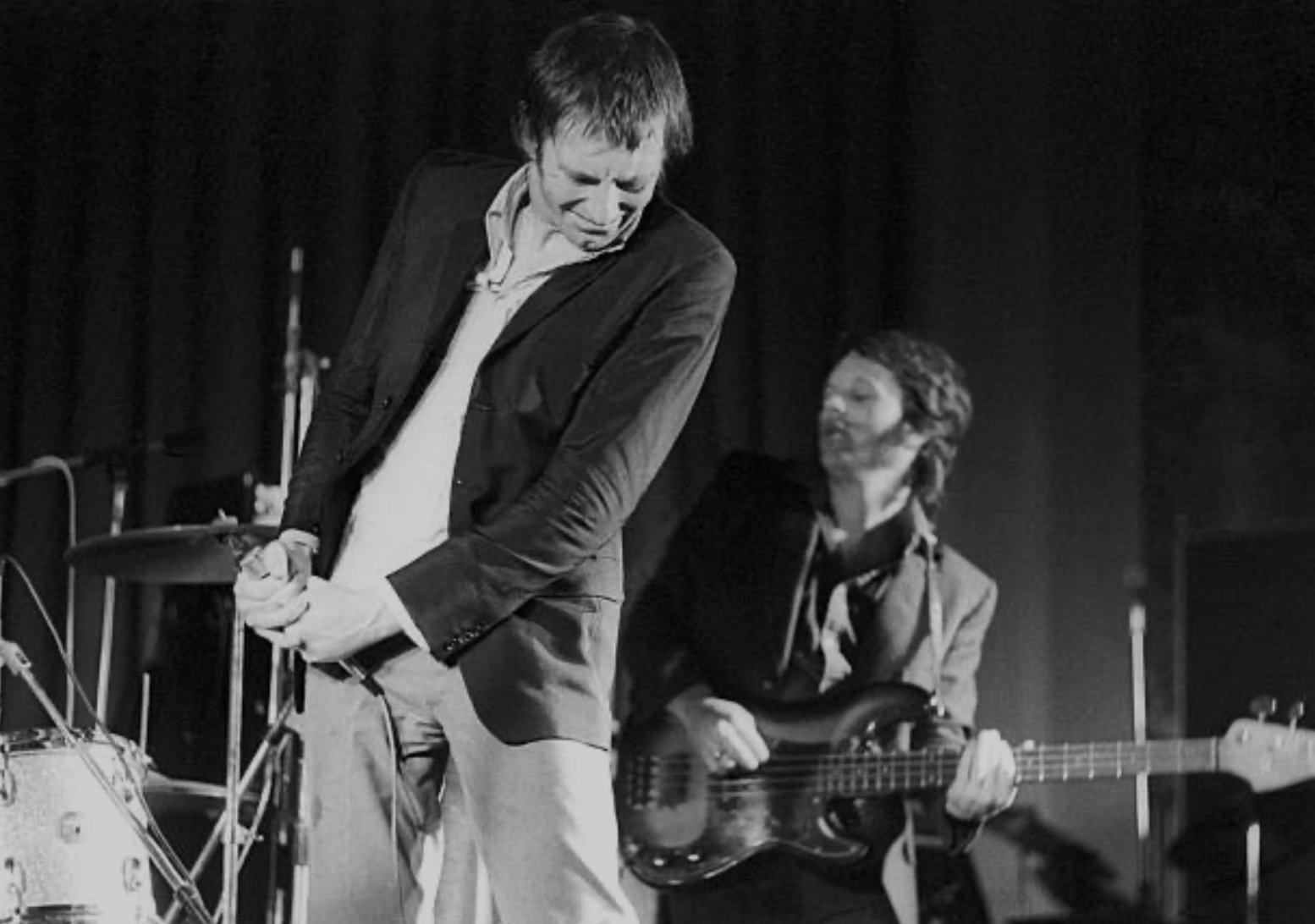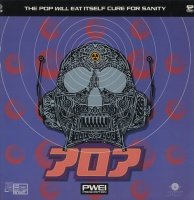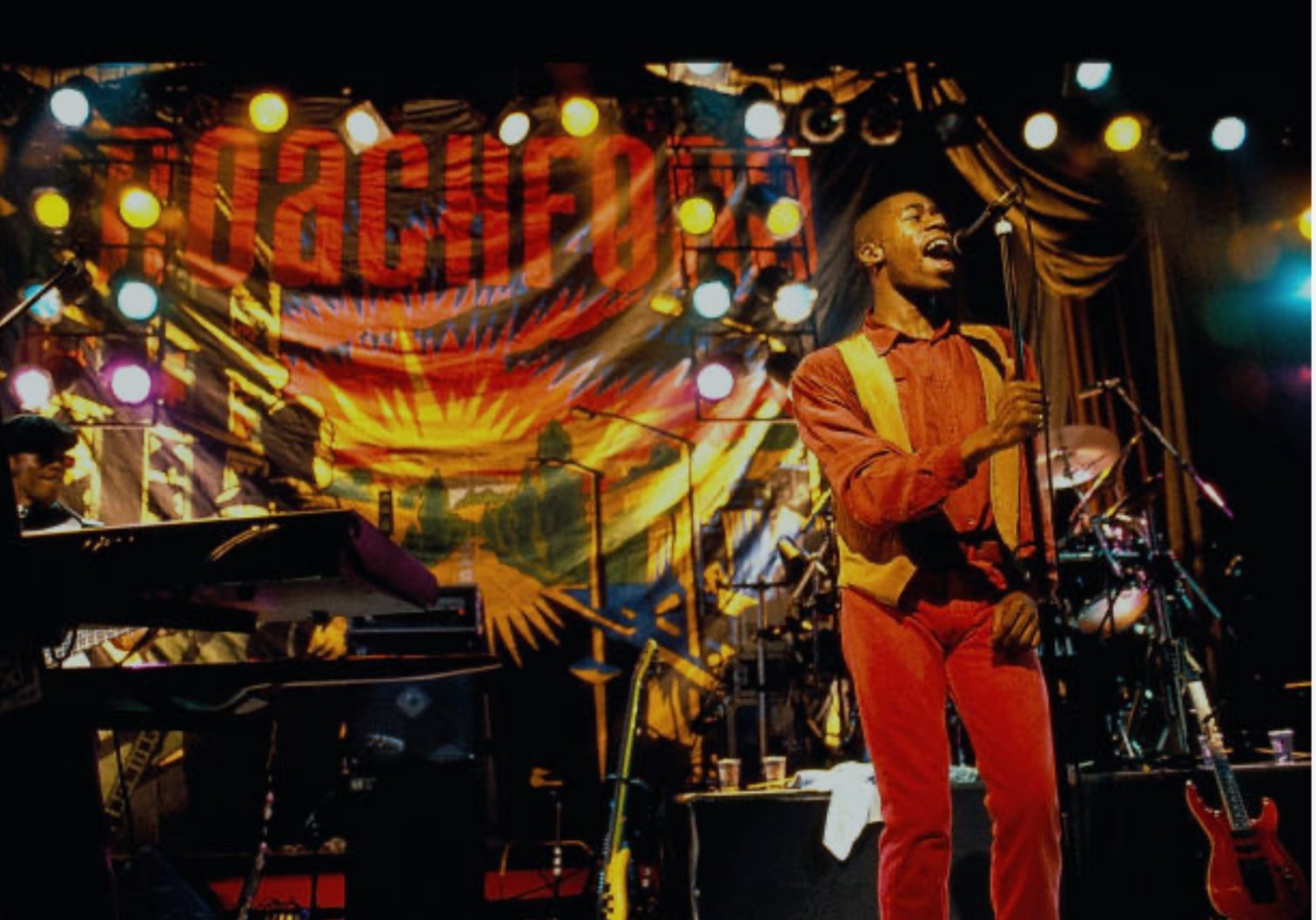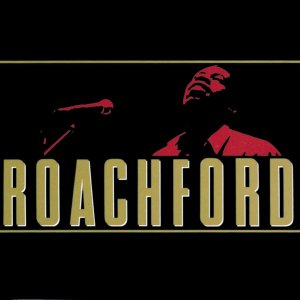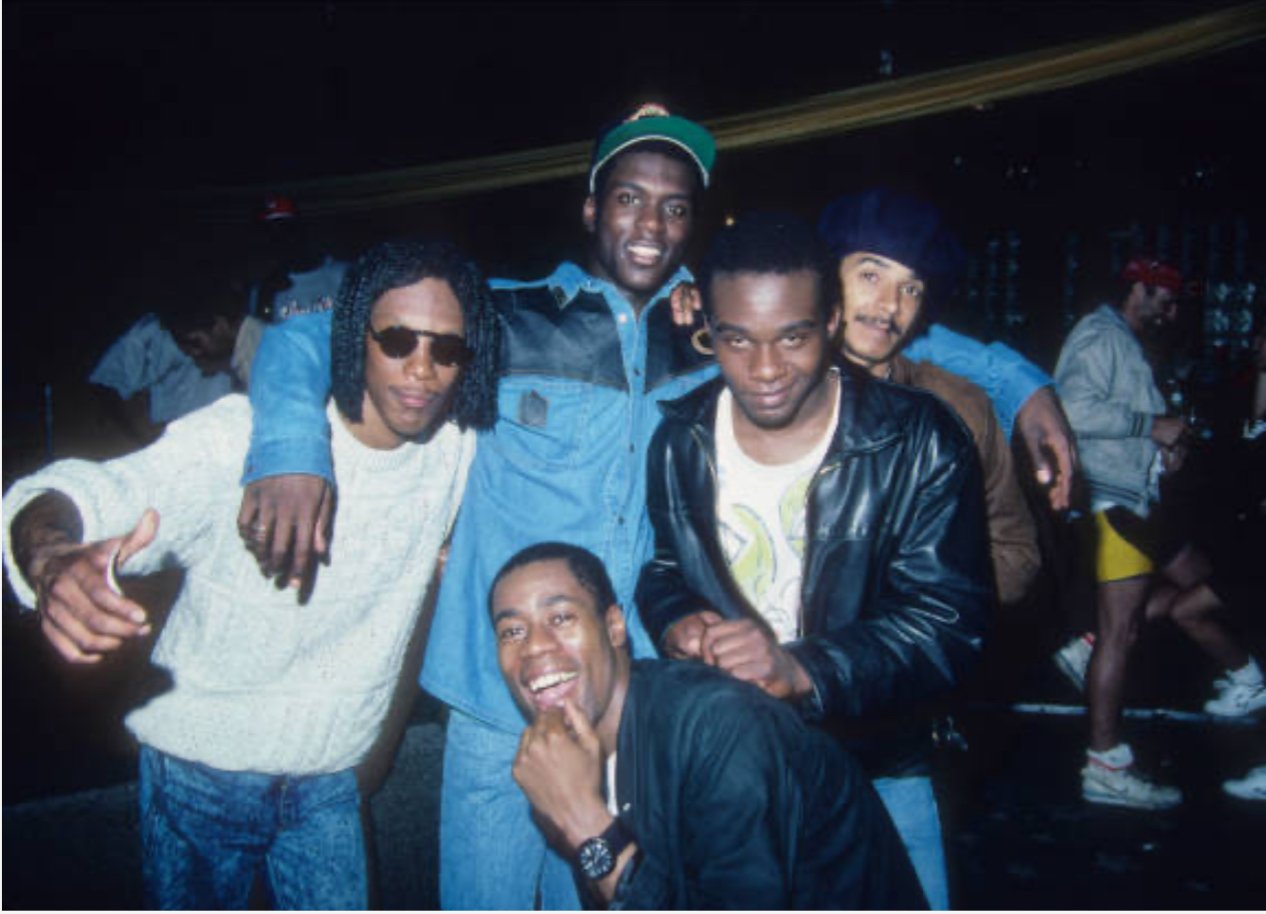Images may be subject to copyright
On this day, 29 October 1988, rock/folk/pop band Martin Stephenson and the Daintees played Cardiff University. The band had earlier released their second album Gladsome, Humour & Blue.
The band was signed to a recording contract with Kitchenware Records and released their first single in 1982. Like other Kitchenware acts the group had its origins in the North East England.
The band enjoyed a high critical profile and some minor commercial success. Their best-selling and most acclaimed album is Boat to Bolivia released in 1986.


